Research Experiences for Undergraduates (REU) in Renewable Energy Generation and Storage

Program Overview
Join an interdisciplinary team of scientists and engineers in state of the art facilities at Binghamton University for a hands-on summer research and professional development experience. This NSF Research Experiences for Undergraduates (REU) program in Renewable Energy Generation and Storage addresses scientific, technological, and training needs in the energy sector with research opportunities ranging from battery materials to photovoltaics and energy efficient systems.
Support for REU students:
- $7000 stipend
- Housing in dormitories for out-of-town students
- Travel subsidy to and from Binghamton, up to $500
- $750 meal allowance
How to Apply
- Complete the online application form
- Prepare a one-page resume in pdf format showing work and/or research experience. Email the resume to: energyreu@binghamton.edu
- Ask two professors to email recommendations to: energyreu@binghamton.edu
Eligibility
Undergraduates from all areas of science and engineering are eligible for the program. Participants must be US citizens or permanent residents. Students who graduate prior to the summer are not eligible.
Important Dates:
- Application window: Feb 1 - Mar 15, 2026
- Notification of acceptance: Feb 16 - Apr 15, 2026
- Arrival in Binghamton: May 25, 2026
- First day of program: May 26, 2026
- Last day of program: July 31, 2026

Research Activities
Students will be involved in experimental or computational work with a faculty mentor on a topic related to that faculty member’s research (see Research Areas below). Additional opportunities are available to work in collaboration with local energy companies. Students will also benefit from weekly professional development workshops focused on science communication and careers in science and engineering.
Research Areas
Students in the program will work for ten weeks on projects in one of two main research areas: energy generation and energy storage. These projects range from the development of advanced battery electrode materials and nanomaterials for fuel cells, to thin films for mechanically-flexible solar cells. REU students work with Binghamton’s most distinguished energy researchers, a roster that includes Nobel Laureate Stan Whittingham. Further information about research topics and the involved faculty are provided below.
REU students can also gain industry experience through collaborations with local energy companies. Program participants have worked with industrial partners on new battery materials, large-scale battery storage, and power grid simulation.
- ENERGY GENERATION
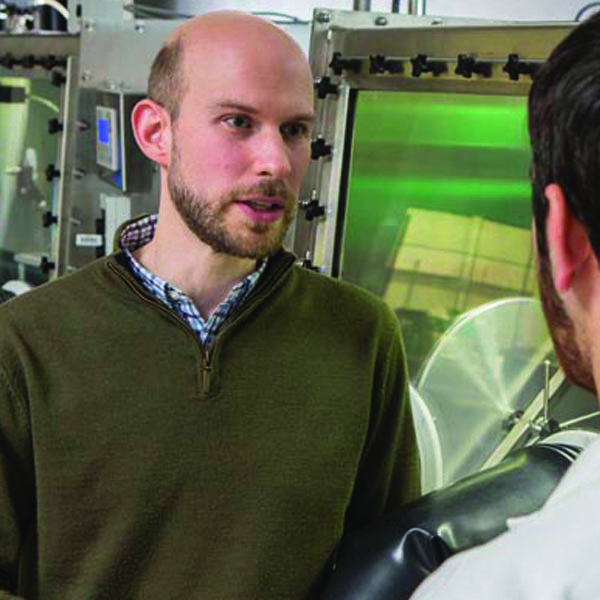
Jeffrey Mativetsky
Organic and perovskite solar cells
Yuxin Wang
Environmental impacts of energy technologies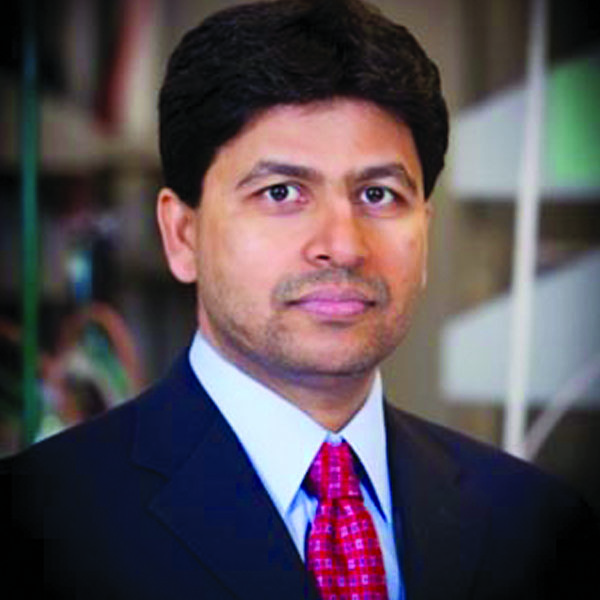
Tara Dhakal
Inorganic and perovskite solar cells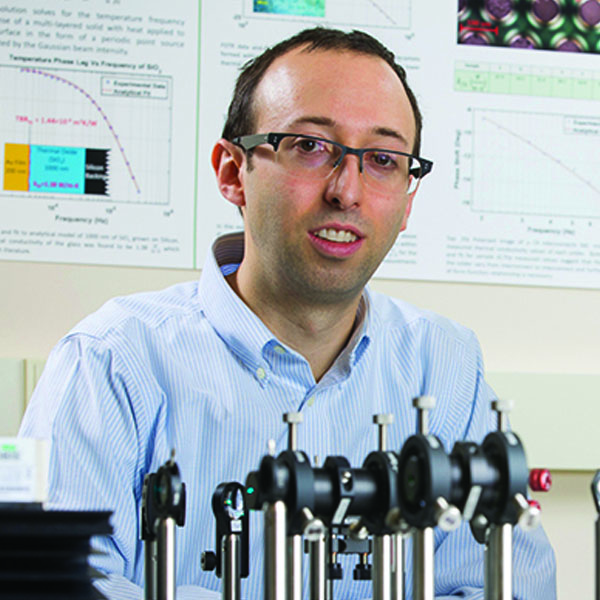
Scott Schiffres
Heat transfer - ENERGY STORAGE

Stan Whittingham (Nobel Prize Winner)
Lithium-ion batteries; intercalation reactions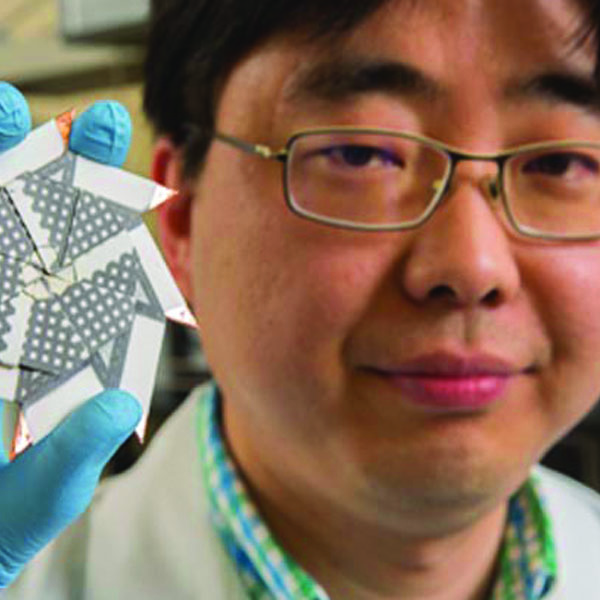
Sean Choi
Bioenergy; biobatteries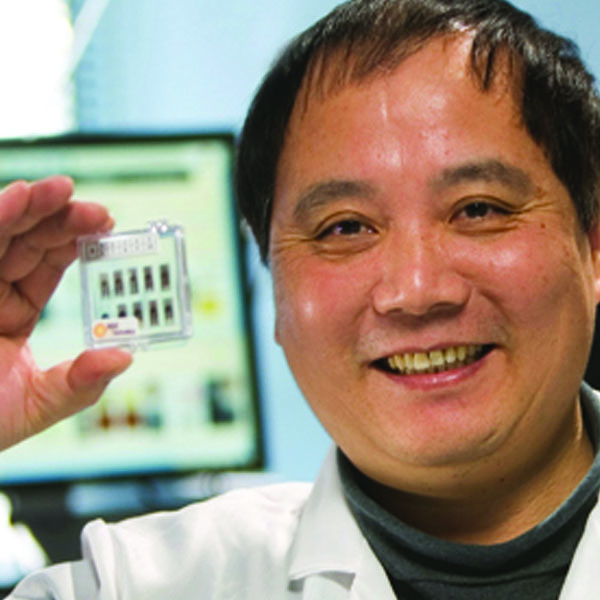
Chuan-Jian Zhong
Catalysis; fuel cells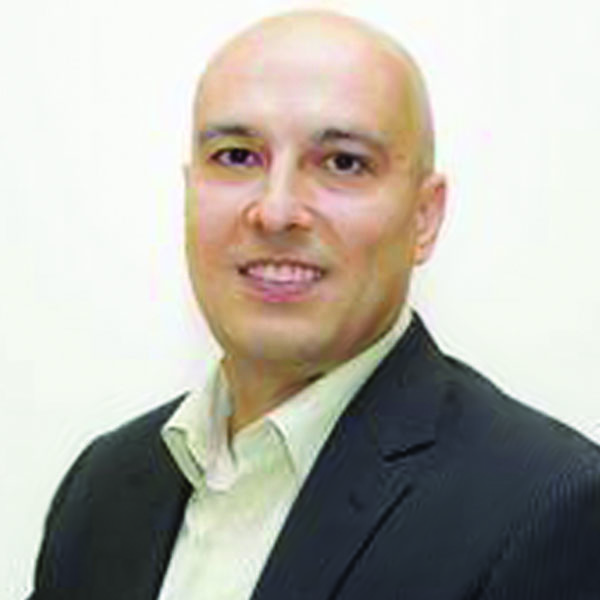
Manny Smeu
Computational modeling of alternative battery materials
Ana Laura Elias
Hydrogen evolution; 2D nanomaterials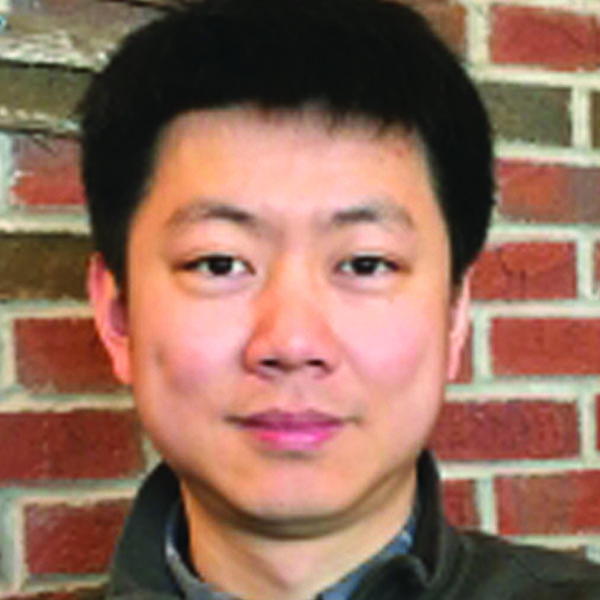
Hao Liu
Battery structure-function relationships
Xiaotu Ma
Battery Recycling
Brent Melot
New battery materials
Participating Programs and Departments
Physics, Chemistry, Materials Science and Engineering, Electrical and Computer Engineering, Mechanical Engineering
Participating Organizations
- Advanced Catalysis for Energy Sustainability Center
- Binghamton Smart Energy Transdisciplinary Area of Excellence
- Center for Autonomous Solar Power
- Energy Storage Engine in Upstate New York
- New Energy New York
- Northeast Center for Chemical Energy Storage
- Southern Tier Clean Energy Incubator
Other Activities
Binghamton’s summers are great for outdoor pursuits, including hiking in the university’s nature preserve. Students take part in group activities such as kayaking, blueberry picking, and company tours. Other organized student groups are also active during the summer, providing opportunities for socialization and professional networking.
Frequently Asked Questions
- Students from which majors can apply?
Students from all areas of science and engineering are encouraged to apply. - Can freshmen or sophomores apply?
Yes, freshmen and sophomores are encouraged to apply, as long as introductory chemistry or physics has already been taken. - Can I apply if I am graduating this semester
No, you can only apply if you will be registered as an undergraduate during the following academic year. - Do I need to have prior research experience?
No, prior research experience is not required to enter the program. - Do I need to be a US citizen?
You must be a US citizen or a permanent resident.
Have Questions?
Direct all inquiries and application materials to: energyreu@binghamton.edu
NEWS
The application form for summer 2026 is available here. Applications will be accepted until March 15th. We are looking forward to receiving your application!
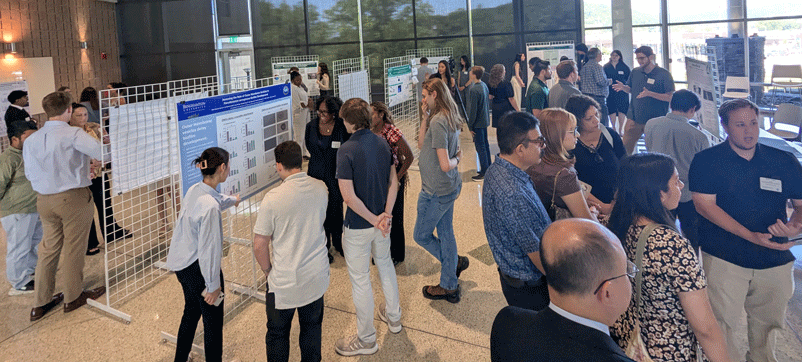
Aug 2025: Great to see everyone grow as researchers and present their work on solar energy, batteries, and fuel cells at the final poster session!
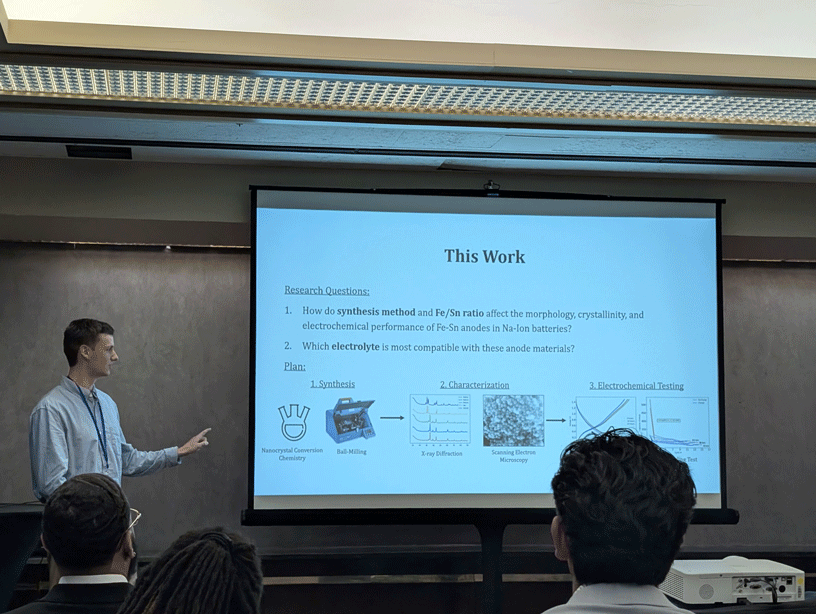
July 2025: Presenting research and learning at the Buffalo Undergraduate Research Conference.
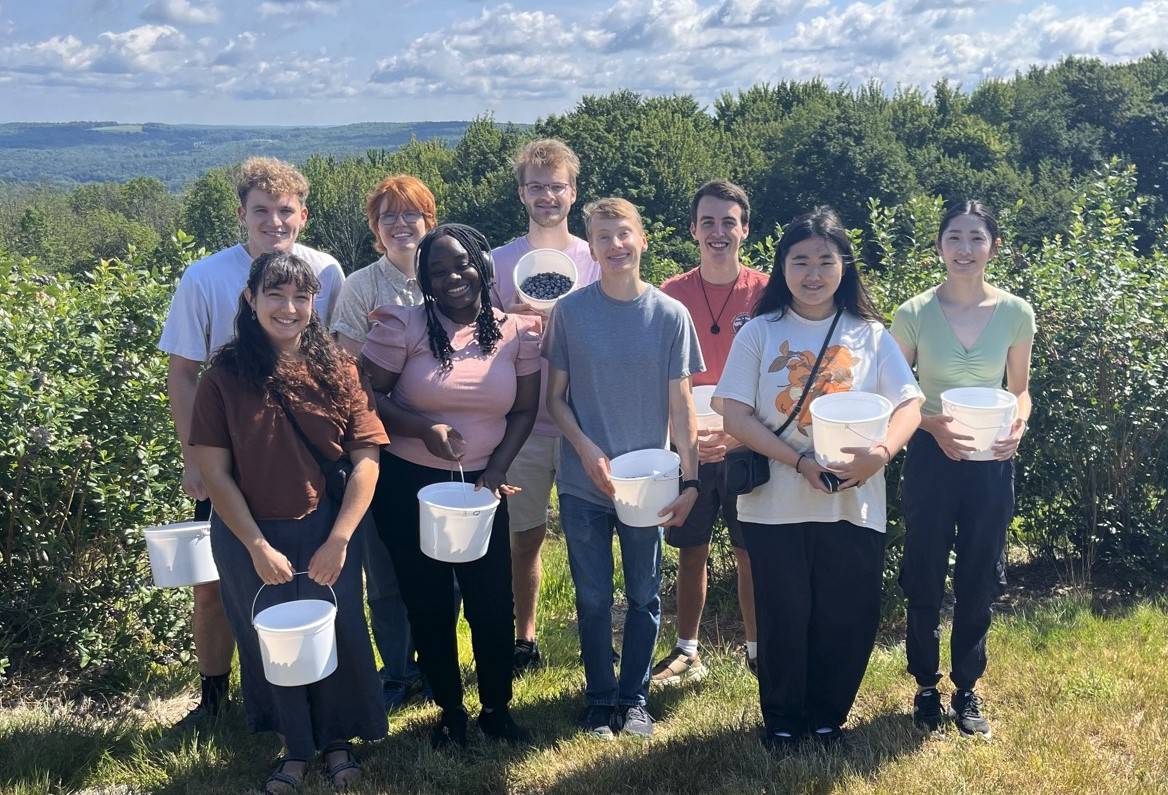
July 2024: Blueberry picking
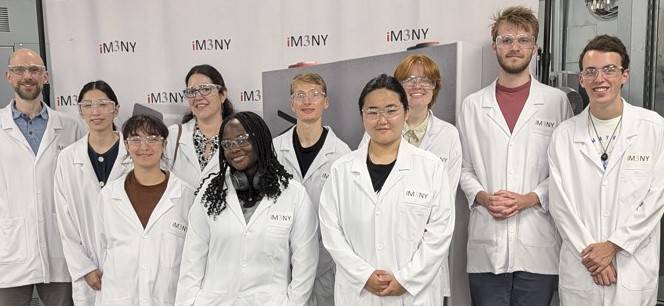 Jul 2024: Learning about battery manufacturing at iM3NY.
Jul 2024: Learning about battery manufacturing at iM3NY.
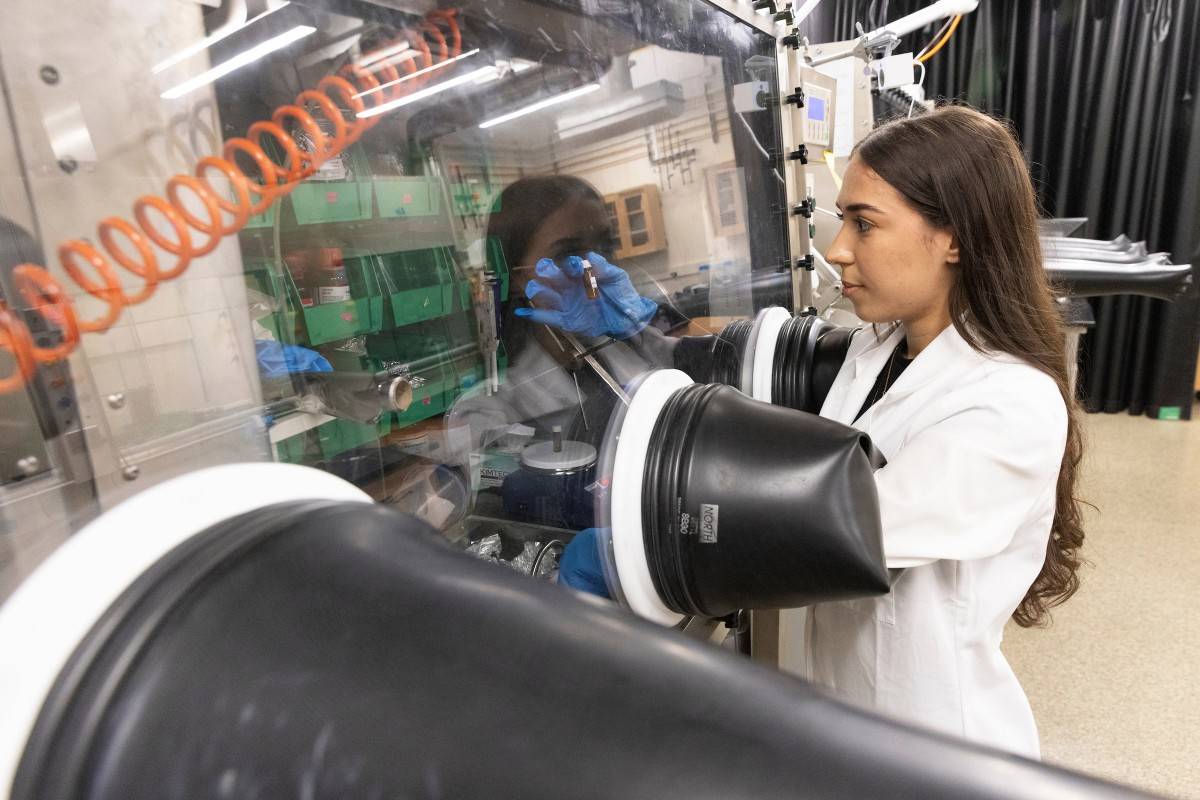 July 2022: The Renewable Energy REU was featured in Binghamton University's news.
Link to article
July 2022: The Renewable Energy REU was featured in Binghamton University's news.
Link to article
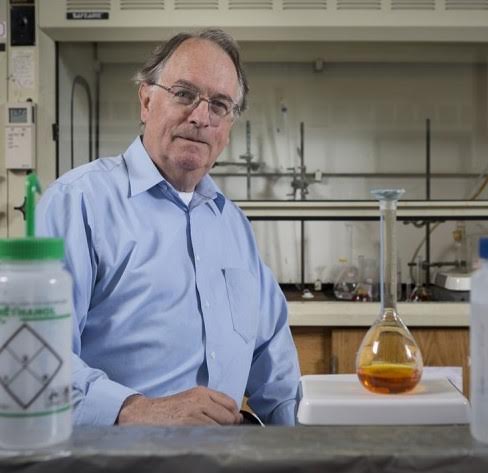 Oct 2019: Energy REU mentor Stan Whittingham wins the Nobel Prize in Chemistry for his pioneering work on lithium-ion batteries! Congratulations Prof. Whittingham!
Oct 2019: Energy REU mentor Stan Whittingham wins the Nobel Prize in Chemistry for his pioneering work on lithium-ion batteries! Congratulations Prof. Whittingham!
Questions?
Direct all inquiries and application materials to: energyREU@binghamton.edu
What Participants are Saying
I loved the opportunity to gain hands-on experience in a cutting-edge field, get advice and guidance from my graduate mentor, and get creative with my research project.
I would recommend this program if you are thinking about graduate school, especially in the field of renewable energy, as this program offers a diverse and interdisciplinary range of research projects that allow you to explore those interests thoroughly, as well as connect with both peers and experts that share similar interests.
This opportunity is a great one. It allows you to get real hands-on experience just like if you were a grad student.
the REU program was a transformative
experience that significantly enriched my academic and research journey.
